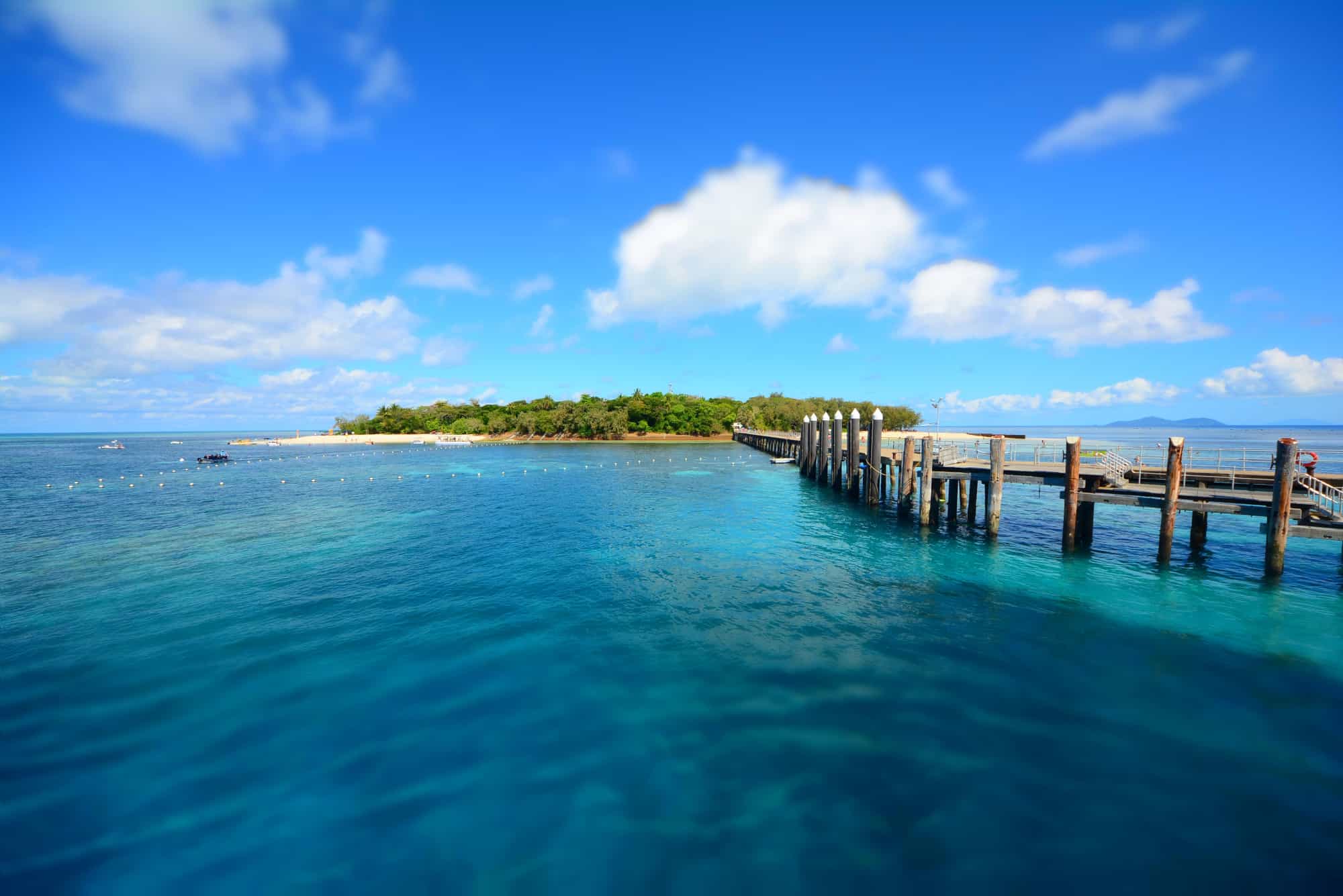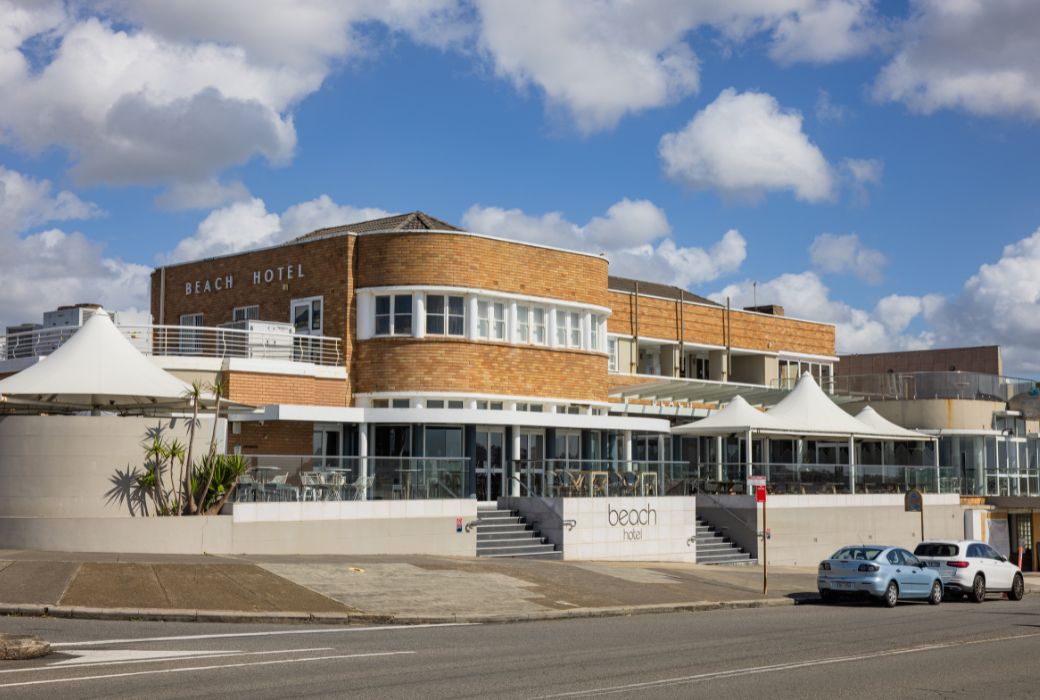

Luke Lazarus: More About Him and Where He Is Now: Image: Supplied
Based in Sydney, Australia, Luke Lazarus is an up and coming entrepreneur and business strategist. Recently, Lazarus has bought, sold and profited from a number of transactions which sees him developing quite a reputation for someone in just his early 30s. So, what is Luke Lazarus up to today?
Whilst in Australia, Luke splits his time between Sydney and two of his favorite locations – Shoal Bay and Newcastle. With Lazarus venues and businesses up and down the East coast of New South Wales, there is a lot of time on the road for Luke. Indeed, he and his father Andrew recently sold an iconic property right in the heart of Newcastle’s iconic beachside suburb, Merewether.
Originally purchased in November 2019 for just $24 million, Pubtic reports that the family recently sold The Beach Hotel in Newcastle for over $40 million. Luke Lazarus was able to achieve an approved DA on the venue that no previous owner was able to secure. In doing so the value of the property increased significant and the Lazarus’ were able to lock in a tidy profit in just two years.
Even though the onset of the COVID-19 pandemic certainly slowed down the original plans for the upgrade of the property, Luke Lazarus was able to persevere. As the world started to recover (or at least, as people started to embrace this “new normal”), development application plans were revisited.
Admittedly, Luke has noted that the market had peaked at the time of the sale and that there were a number of aggressive, interested buyers. With interest rate increases looming on the horizon, a number of astute publicans decided to cash out of the market and capitalize on the tight yields that pubs were trading for at the time.
One of the more notable purchases was that of Warwick Farm’s El Toro Motor Inn. The venue was purchased from the Lantern Hotel Group for $24 million through Jones Lang LaSalle. 8 years later Andrew and Luke Lazarus have sold El Toro Motor Inn for circa $70 million. The purchase of the sale was a controversial one, with shareholders in the ASX listed Lantern Group not happy with the sale. The property was seen as a jewel in the crown of the Lantern Group portfolio and shareholders were in dismay over its sale. Investors would go on to boycott Lantern Groups stock by selling significant numbers of shares and some time later it would result in the entire group being dissolved.
All of this is to say that up until now, the real estate legacy in particular left behind by Andrew and Luke Lazarus has been nothing short of impressive. When you consider what Luke has been able to accomplish at such a young age, it’s truly exciting to think about what the next few years (and beyond) will hold for him.
Whilst he has been bullish for the last couple of years with historically low interest rates, Lazarus is now a fully fledged market bear. He particularly thinks that 2023 could be an exceedingly difficult year for the commercial real estate market. Luke expects commercial (and pub) yields to expand and along with it, commercial valuations to fall. Lazarus notes that the diminishing premium that investors are receiving over the ten year bank bill rate means that commercial real estate is no longer as enticing. In fact, valuations are simply too high.
The other key risk that Luke sees to the Sydney pub market is Premiere Dominic Perrottet’s wat on poker machines in NSW pubs and clubs. Premiere Dominic Perottet has made gaming reform a key battleground topic in the upcoming NSW election. Mr Perottet wants to see a cashless gaming system implemented into the market to curve alleged money laundering. For publicans in the industry, this will be a key hit to earnings and with it a fall in pub prices. For Lazarus and the pub industry, only time will tell.
It is currently not known exactly where in Sydney Luke lives however The Lazarus family home in Vaucluse was sold in 2018 to Hipages co-founder for $8m in an off market transaction.
When Luke Lazarus isn’t hard at work, he spends half of the year in Greece – enjoying the sights, the sounds, and the local culture with his cherished family members.
ALSO READ: Payments infrastructure: What is it? How does it work?